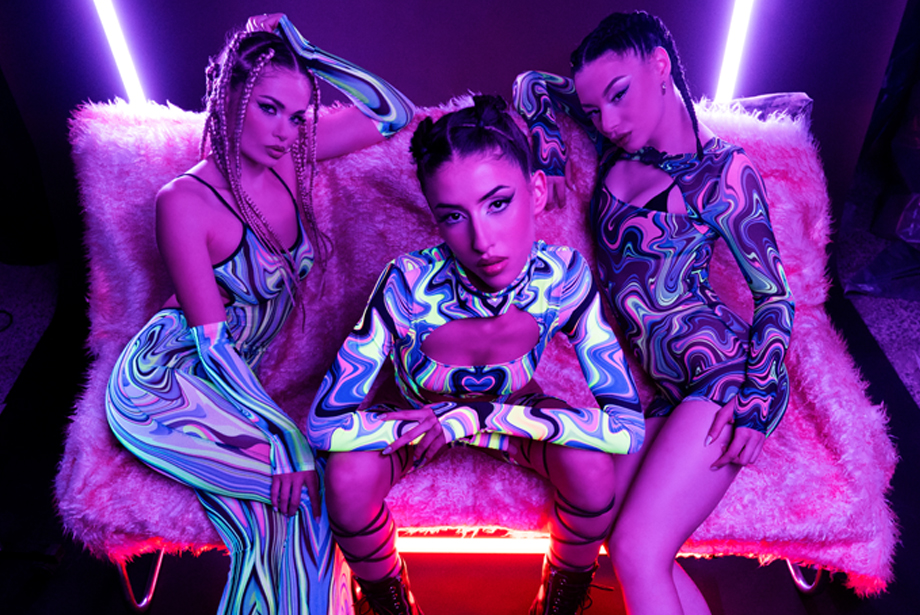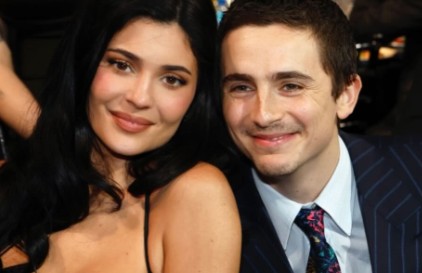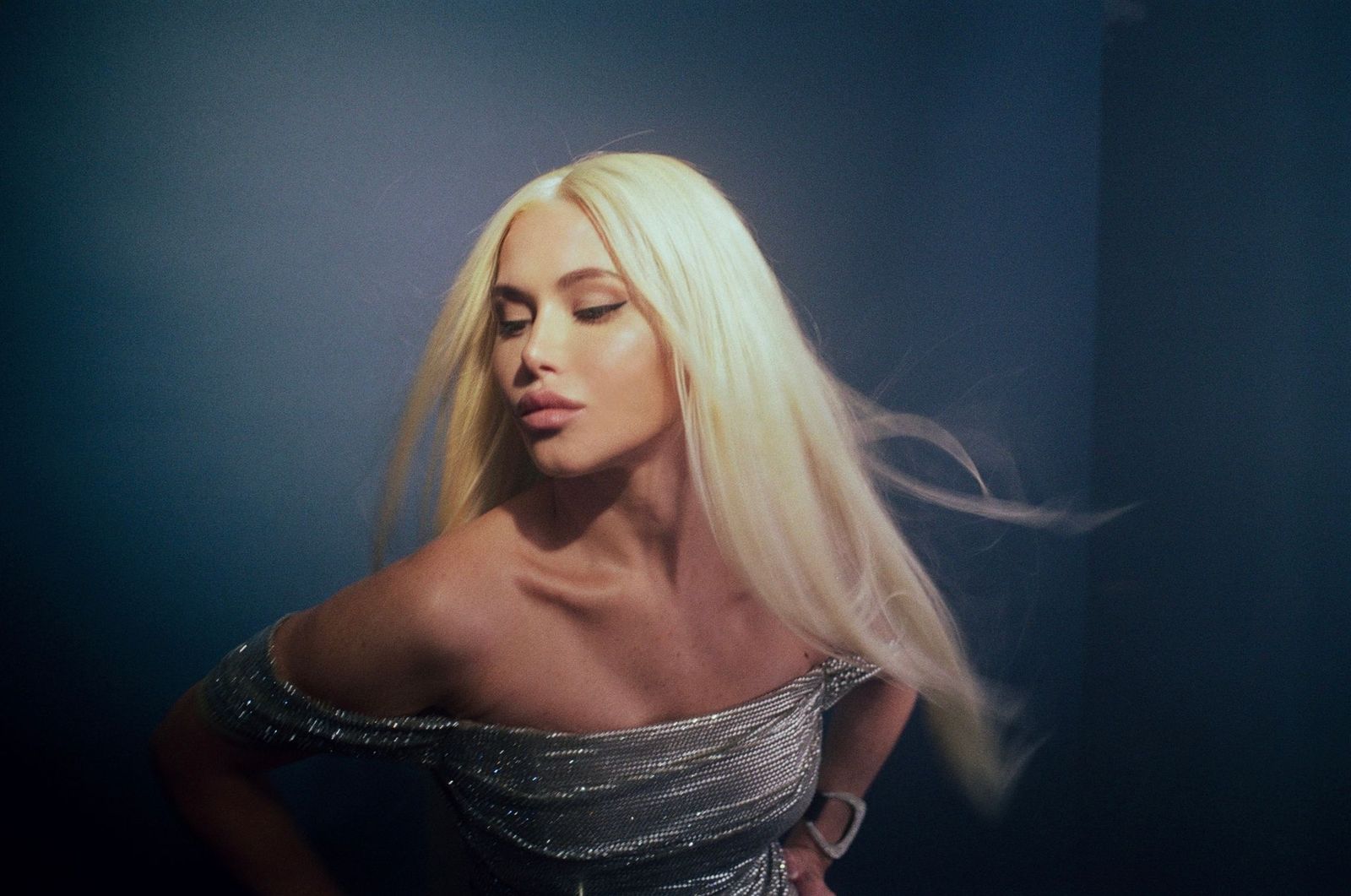B.S.
Justin Bieber Using MLK Speeches in “Justice” Is Not the Activism He Thinks It Is
19 Mar, 21

In his latest album, Justice, Justin Bieber seems to think his love for Hailey Bieber and God (in that order) will change the world.
Following the theme of his Grammy nominated 2020 album Changes, Justice is a series of love songs. However, the new album differs in its focus. His love for Hailey is still devotional, but it’s less about desire and more grounded, focused on forgiveness and redemption.
That forgiveness and redemption come in Justin’s signature R&B tinged pop, but also carry themes of religion that feel part Christian pop-rock.
But what stands out most about this album is its flailing attempt at social activism. From its title, which in 2021 inevitably recalls the ideas of injustice and social justice, to its promotion, Justin Bieber’s lukewarm attempt at protest-pop ultimately feels like pandering and lacks the substance to actually make a difference.
The elaborate music videos which preceded Justice, a collection of overly simplistic forays into other people’s suffering, set the tone for the album’s attempts at social commentary and were similarly unsuccessful.
“Holy” trivialized the issues of 2020, “Hold On,” was an overproduced mess which was too capacious to actually say anything, and “Anyone” was a hollow attempt at a Rocky remake. Each video had aspirations to be deeply emotional but was too bland to be anything but hollow. Justice suffers the same fate.
The album’s first track, “2 Much,” begins with an audio clip from a Martin Luther King speech. The famous quote, “Injustice anywhere is a threat to justice everywhere” was clearly chosen as a reference to the album’s title as it has nothing to do with the song — which, to its credit, is a pretty solid opening track — nor the rest of the album.
As if that weren’t enough, the album has a nonsensical “MLK Interlude,” which appears, again, for no reason. The interlude is taken from the “But If Not” sermon given by King on civil disobedience — but this is not the message of Bieber’s excerpt. The section that appears on Justice seems to be another tribute to Hailey, beginning with the words, “If you have never found something so dear and so precious to you that you will die for it, then you aren’t fit to live.”
Justin Bieber – MLK Interlude (Visualizer)www.youtube.com
The interlude is followed by the song “Die for You,” an ’80s dance-pop-inspired track featuring Dominic Fike. The move from King’s impassioned rhetoric about needing to “stand up for some great principle, some great issue, some great cause” and to be willing to die for it (which obviously King did, as he was later killed by the FBI) to a song about dying for love is ill-advised at best and completely insensitive and reductive at worst.
The interlude ends with the line, “You died when you refused to stand up for justice” — another opportunity for Justin to dilute King’s message in self-indulgent service of his album.
The tenuous ties from the album’s actual themes of love make its purported themes of justice seem like an afterthought. It feels like the album was written and, in searching for an overarching concept in the wake of 2020, Justin and his team cobbled together some MLK quotes and formed the idea of Justice.
When announcing his album, Justin said on Instagram: “In a time when there’s so much wrong with this broken planet we all crave healing and justice for humanity. In creating this album my goal is to make music that will provide comfort, to make songs that people can relate to and connect to so they feel less alone. Suffering, injustice and pain can leave people feeling helpless. Music is a great way of reminding each other that we aren’t alone.”
Justin continued: “I know that I cannot simply solve injustice by making music but I do know that if we all do our part by using our gifts to serve this planet and each other that we are that much closer to being united. This is me doing a small part. My part. I want to continue the conversation of what justice looks like so we can continue to heal.”
Despite this master class of a press release, which says all the right things, the album fails to offer any sort of healing for anyone but Justin. Though the album is his most thoughtful work in years, it does not come close to delivering much healing or justice.
In fact, Justice‘s social aspirations feel shoehorned into an album that would have been solid were it not for the confusing and unsuccessful overtures of activism. And the out-of-context MLK clips dilute the actual themes of the speeches and feel like forms of whitewashing.
The album’s flaccid activism feels like the equivalent of the summer’s black squares on Instagram and every MLK day’s inevitable barrage of sanitized quotes about unity and togetherness. If Justin’s conception of activism amounts to nothing more than out-of-context MLK speeches and vague aspirations of easing suffering and injustice, there’s a lot of work to be done.
The ultimate goal of the album, according to Justin, is to “continue the conversation of what justice looks like” — well, it’s certainly not this. While the themes of unity, healing, and togetherness are all important tenets of dismantling injustice, there needs to be deeper engagement with systems of privilege (which Justin benefits from in the most extreme ways), which are the root causes of injustice.
Though much of 2020’s urgings towards social justice focused on working to dismantle systemic issues, it seems Justin did not get the memo. Once upon a time, Justice might have been praised for its attempt at saying something, but as white patriarchy continues to reap violence, Justin’s haphazard offering is not enough.
- Justin Bieber and The Art of the Instagram Confession – Popdust ›
- Why Justin Bieber’s “Hold On” Music Video Is Misguided – Popdust ›
- Justin Bieber Releases New Surprise Gospel EP, “Freedom” – Popdust ›
- This Haunts Me: Justin Bieber Hoped Anne Frank Was a “Belieber” – Popdust ›














